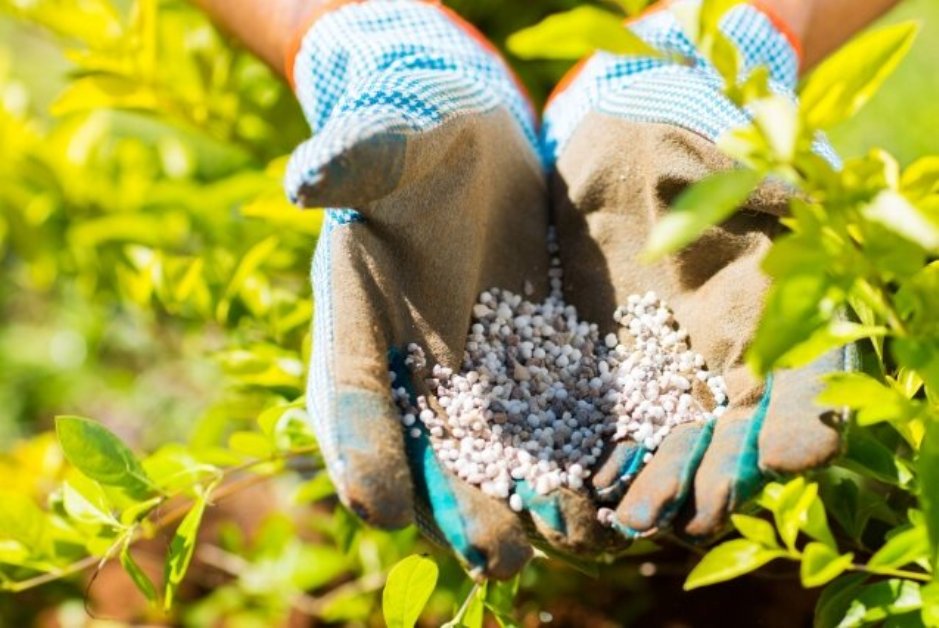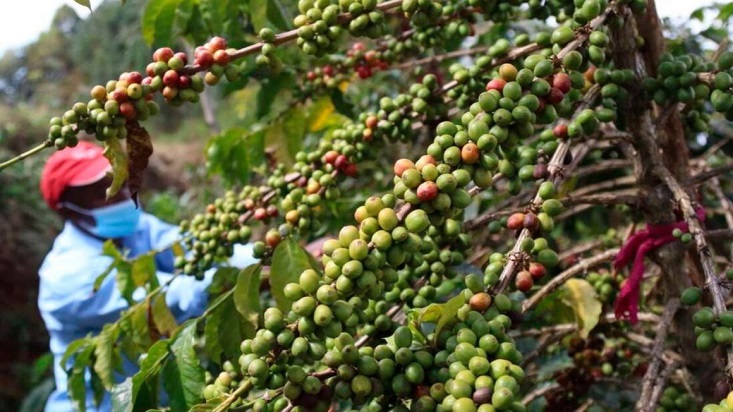The FAO warns of a looming fertiliser crisis if war in Ukrain does not end.
A food crisis is looming in many developing and Least Developed Countries like Uganda if the war in Ukraine continues.
The UN Food and Agricultural Organisation (FAO) warns that if the war between Russia and Ukraine continues, global fertilizer prices could soar further.
FAO released an information note this week on the importance of Ukraine and Russian Federation for global agricultural market and risks associated with the current conflict.
The UN food body said many of the developing and least Developed Countries had prior to the conflict been grappling with the negative effects of high fertilizers and food prices.
Russia has been one of the major exporters of nitrogen, phosphate and potash containing fertilizers. The Russian Federation accounts for slightly more that 13% of the global fertilizer exporters.
In 2021, the Russian Federation ranked as the top exporter of nitrogen (N) fertilizers and the second leading supplier of both potassic (K) and phosphorous (P) fertilizers.
“In 2021, either the Russia Federation or Ukraine (or both) ranked amongst the top three global exporters of maize, rapeseed, sunflower seeds and sunflower oil, while the Russian Federation also stood as the world’s top exporter of nitrogen fertilizers and the second leading supplier of both potassic and phosphorous fertilizers,” said the FAO note .
While there is no statistics about Uganda’s import of fertilizers from Ukraine and the Russian Federation, the FAO note indicates that Uganda’s imports of agriculture-related goods is in the range of about 35%. Similarly, imports from Ukraine are slight above 40%.
A 2014 report by AfricaFertilizer.org website said NPK, Urea and DAP are the three most imported fertilizers, accounting for 87% of total fertilizers officially imported to Uganda.
In Africa, the FAO notes found the Tanzania and many of the countries in West Africa solely depended on Russia for their fertilizer imports. Apart from fertilizer, reports indicate that wheat and wheat products account for one third of the average national cereal consumption in the Eastern Africa Region, with highest consumption per capita in Djibouti, Eritrea and Sudan.
The invasion of Ukraine has already had a negative impact on global wheat prices, which have jumped to record high comparable to levels witnessed during the 2008 global financial crisis.
Soaring laundry and cooking Oil prices
Some of the immediate effects of the war in Ukraine include the increase in prices in crude palm. Countries like Malatise have been forced to impose export bans on palm oil. Palm oil is one of the major raw materials for the manufacture of laundry soap and cooking oil.
According to the February 2022 Consumer Price Index by Uganda Bureau of Statistics, the price of laundry soap has increased by 25.8%, while unrefined crude palm oil prices rose by about 22%. At a global level, palm oil prices have risen by more than 50% this year.
Palm oil is the world’s most widely used vegetable oil and is used in the manufacture of many products including biscuits, margarine, laundry detergents and chocolate. Palm oil prices have risen by more than 50% this year.
Sunflower Shortage
FAO further notes the significant export shares of Ukraine and the Russian Federation in the global sun flower seed oil market. They say any disruption to their shipments would have notable implications for major sunflower oil importers, like India, the European Union, China, the Islamic Republic of Iran and Turkey.
“Should these import requirements not be fulfilled through Ukrainian and Russian supplies, these importing countries would have to shift to other suppliers of sunflower seed oil or to other vegetable oils,” said the note.
Recent international vegetable oil price developments suggest that global markets are already reacting to the conflict along these lines, with sunflower seed oil quotations from Argentina, the world’s third largest exporter.
-URN





